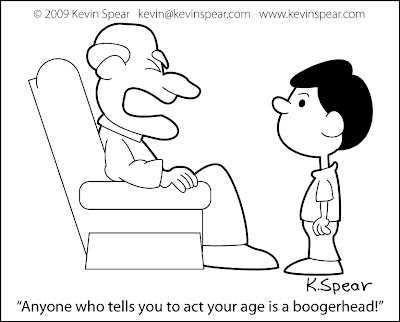That's a good one. I think I'll use that.Therefore increased straining from lifting heavy weights can more easily cause a loss in hearing for me.
Definitely. What you eat, and how much, goes far more toward you losing/gaining weight than exercise. Exercise does good things to the organs in you body and makes sure they're fed properly. Trying to run off that doughnut takes far longer than just not eating it.Simply put, if you are not fit, it is because you eat wrong foods.
The reason I started seeing George Turner (mentioned earlier) was cause my one son is an actor and his photographer told him he needed to tone up a bit. My other son is a gamer and had gotten 105 pounds overweight. That was the same time I started my web dev business and doing a lot of coding and gained 60 pounds myself. So since I had to drive my son to see George and sit there for an hour, I figured I might as well work out, too.
My son lost 100 pounds in nine months. I lost 75 pounds in six months. Here's the stuff I learned:
- You have to lose some of the weight to be able to do things like situps.
- High protein, low carbohydrate diets make the weight fall off you.
- Your veins are like plumbing and cholesterol can't stick to plumbing that's flexing from working out.
- George says he knows more about nutrition than most doctors cause they only get one class in it. They know next to nothing.
- The only thing fruit is good for is that it putrifies in the stomach (don't know what that meant).
- Nutrients in salad must be transported to the body on fat. So chicken salads are far better for you than just plain salads.
When I quit working out, I gained 15 pounds cause I was still just sitting around. I have to really watch what I eat cause I'll gain it back easily.
So what was George's diet? I'd have to look it up but, iirc:
Breakfast: two pork chops, 3 eggs and half a grapefruit
Lunch: 1/3 pound hamburger with tomatoes or tuna
Dinner: a large salad
One thing, though. When my son complained about how hungry he was at times, in his ex-Marine DI voice he'd yell at him, "Then EAT!!!". His point was, that if your body says it's hungry, then it will store fat, and the only way to stop that is to feed it, so feed it protein, meaning, eating another hamburger or small steak or tuna or chicken.


